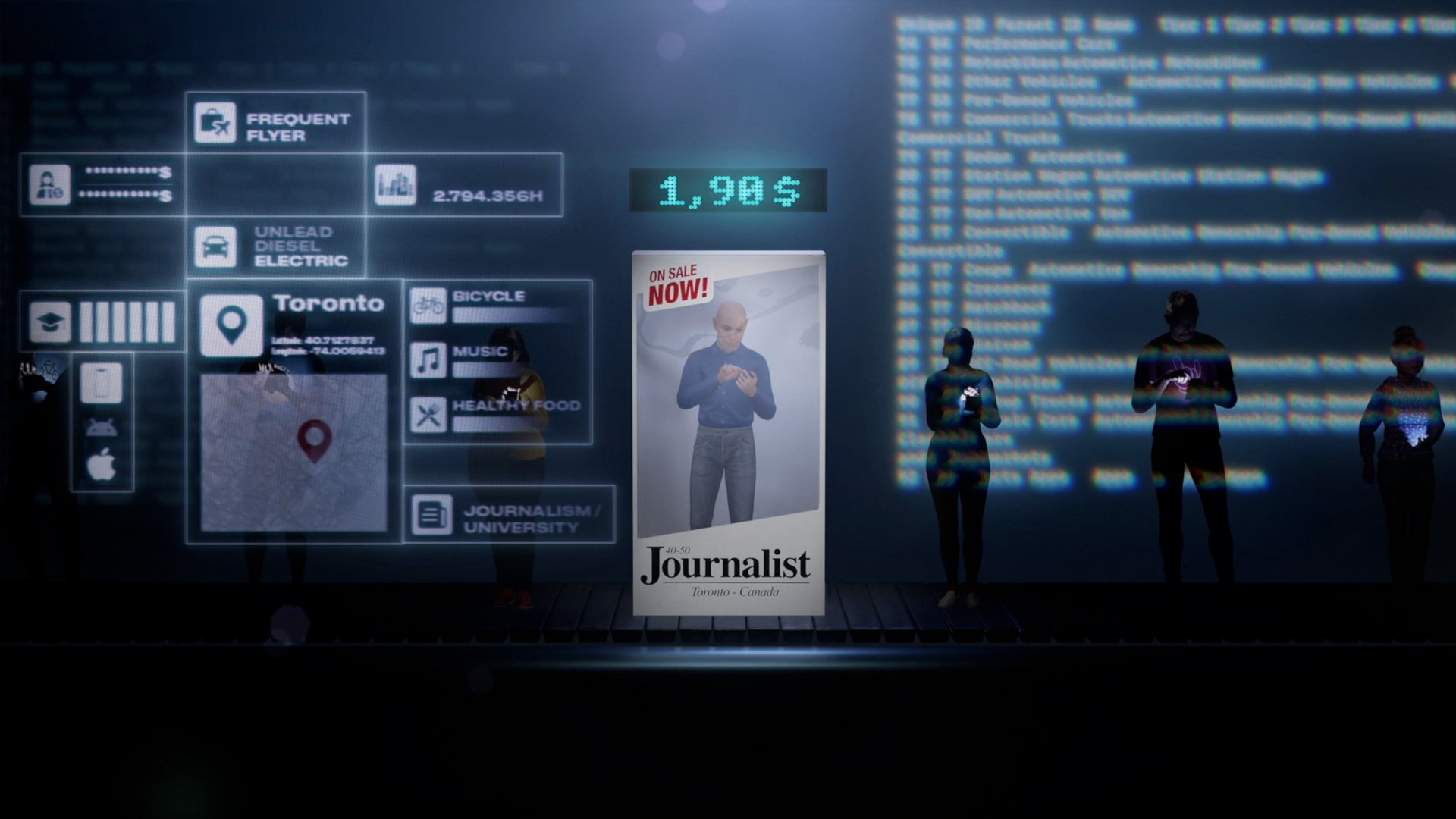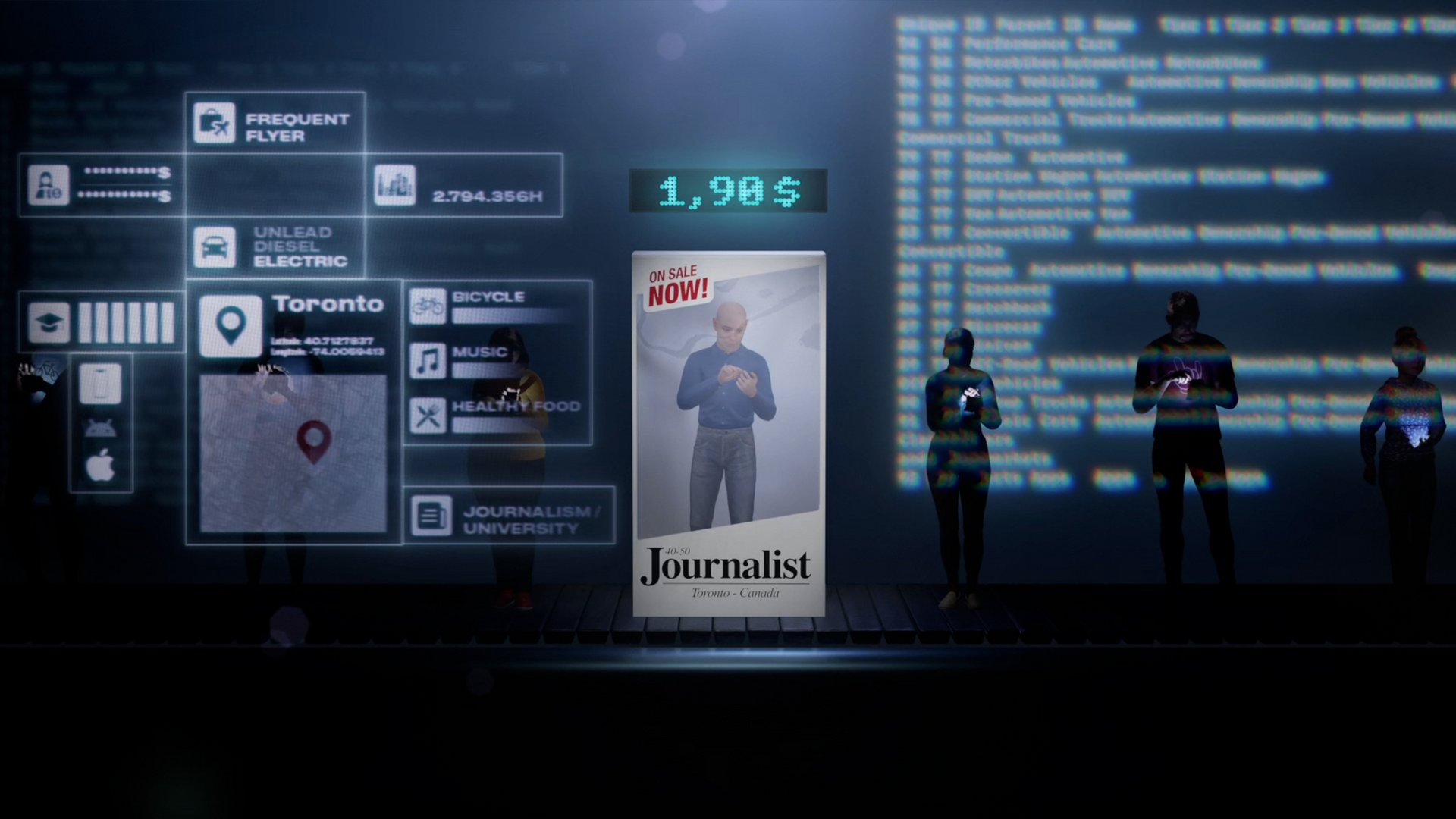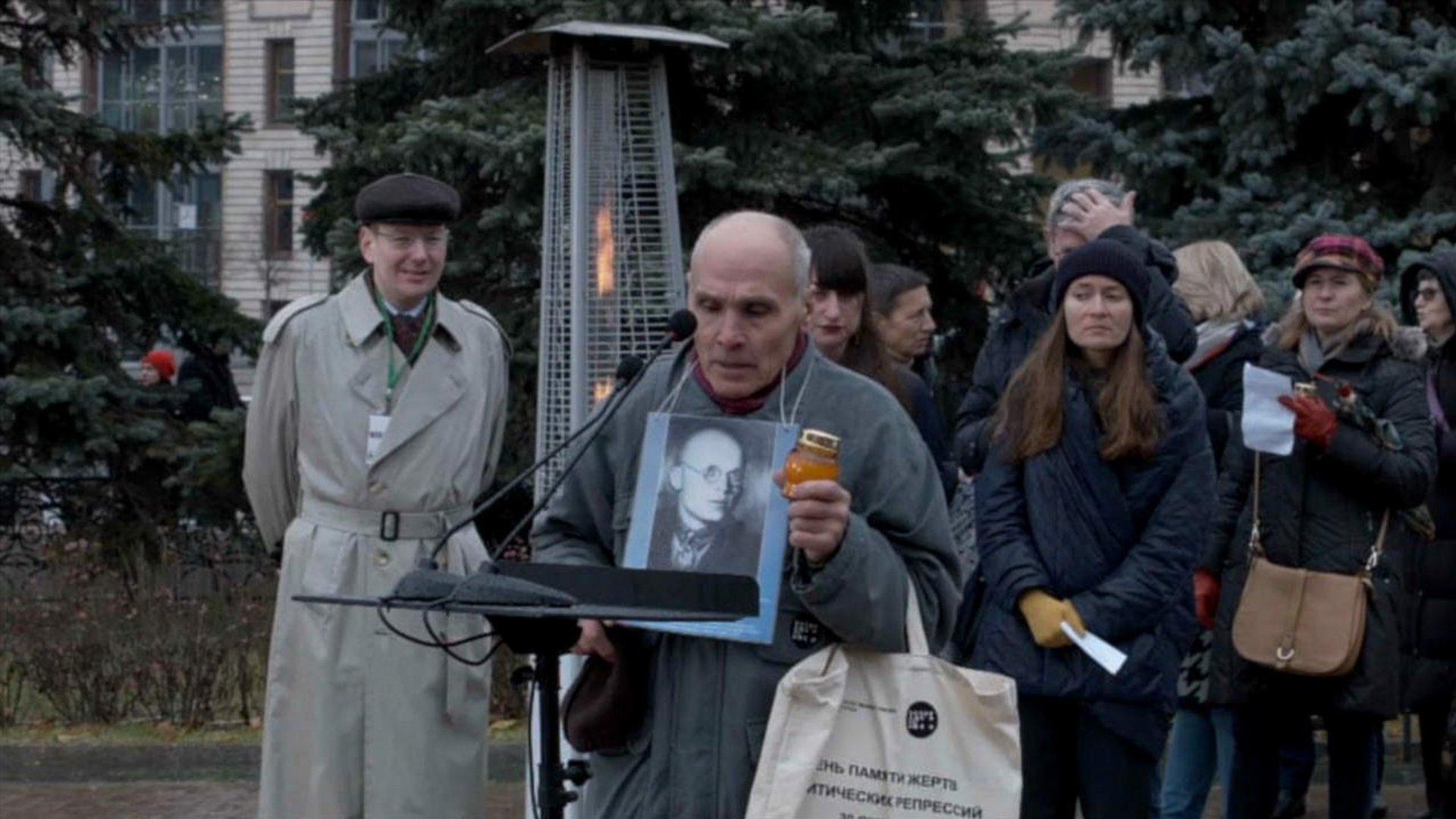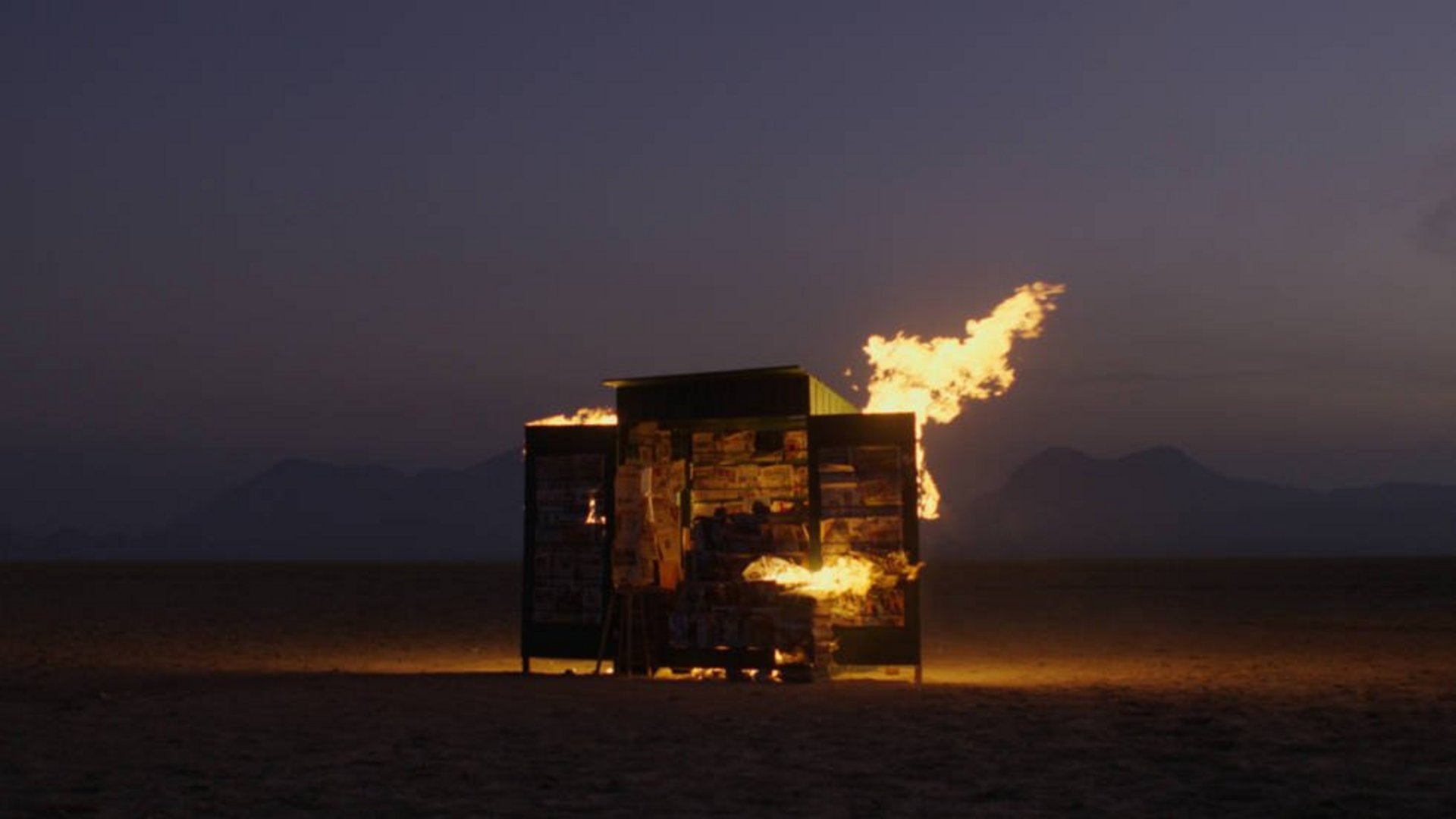
© Filmstill "The Click Trap"

© Filmstill "The Click Trap"
Professional journalism is required to distinguish fakes from facts, categorize information, and uncover the roots of disinformation. This is why we have to defend press freedom and independent media.
Jana Sepehr spoke with Reporters Without Borders about the changing environment for journalists in recent years, the repression faced by media professionals worldwide, and ways to defend media freedom.
Reporters Without Borders: With the spread of autocratic forms of government and increasing polarization, media professionals covering elections are increasingly at risk. They are being insulted, beaten, and arrested. Authoritarian rulers and influential interest groups are doing everything they can to prevent journalists from reporting independently. In the first few weeks of this year alone, at least eighteen journalists were attacked in Bangladesh while reporting on irregularities and violence during the parliamentary elections. In Pakistan, the authorities unleashed a wave of violence against reporters covering the parliamentary race. In Turkey, journalists were shot at during local elections. But we are also seeing growing attacks on the media in established democracies. Donald Trump’s reemergence as a presidential candidate in the United States is bringing back memories of the Capitol being stormed in January 2021, when his supporters pounced on journalists, destroyed cameras, and scratched ‘Murder the media’ into a door.



The targeted dissemination of disinformation is intended to distort the democratic decisionmak-ing process. This is particularly noticeable during election campaigns: populists and autocrats are flooding the public with fake news in order to influence votes in their favour, emotionally charge discussions, and demonize supposed opponents. Fake news is therefore one of the biggest threats to democracy. This applies in particular to social media, where many people are being confronted by more and more deep fakes and AI-generated images and audio that are indistinguishable from real recordings. Professional journalism and freedom of the press are required to distinguish fakes from facts, categorize information, and uncover the roots of disinformation. We must be vigilant, and we have to defend independent media.
Freedom of the press is an important indicator of the state of democracy: when it is restricted, democracy goes downhill too. When the media is no longer free to report on injustice, abuses of power, or corruption, there is no public scrutiny. Freedom of thepress is also a basic prerequisite for democratic participation: voters need to be able to access independent media that provide them with reliable information, enabling them to form political opinions in order to make informed, meaningful choices. If the media are obstructed, they can no longer fulfil this function. Propaganda and populism have a greater impact on voting decisions as a result. Media professionals therefore need better protections against all forms of violence, and attacks on journalists should be immediately prosecuted.
Interview: Jana Sepehr